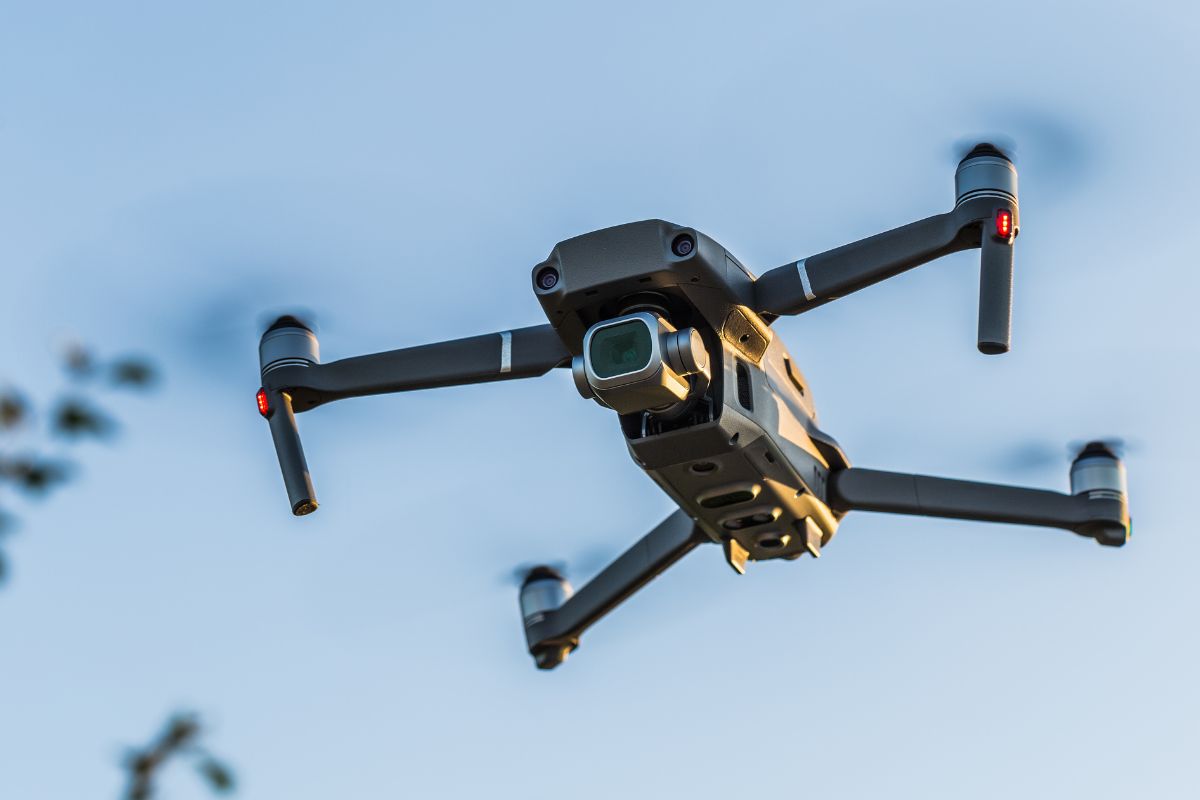Investigative Audit: How Public Accounting Firms Contribute to Fraud Prevention and Detection
Investigative Audit: How Public Accounting Firms Contribute to Fraud Prevention and Detection
Investigative audit (or audit investigatif) is a systematic process of searching, discovering, and collecting evidence to uncover violations, identify perpetrators, and reveal the modus operandi of fraud or corruption. Unlike conventional financial audits focused on the fairness of financial statements, investigative audits are specific, reactive to suspected violations, and aim to support legal actions. Public Accounting Firms (PAFs) play a critical role in this ecosystem through forensic expertise, data analysis, and independent opinions admissible as court evidence.

Overview of Investigative Audits and Their Link to the Corruption Eradication Commission (KPK)
Investigative auditing is a primary weapon against corruption. Indonesia’s Corruption Eradication Commission (KPK) actively leverages this approach to:
-
Develop findings from regular audits indicating legal violations.
Our Service Recommendations
-
Follow up on public reports of alleged corruption.
-
Validate requests from law enforcement to uncover state financial losses.
A notable example is the Mikail Jam’an case, where an investigative audit exposed illegal fund flows in a goods/services procurement project. The KPK applies the "fraud triangle" principle (pressure, opportunity, rationalization) to analyze perpetrator motives:
-
Pressure: Lavish lifestyle or debt.
-
Opportunity: Weak internal controls.
-
Rationalization: Justifications like "everyone does it".
Through collaboration with PAFs, the KPK enhances investigative capabilities with advanced analytics like data mining and reconciliation of suspicious transactions.
News & Articles Recommendations.
Auditor sebagai Saksi dalam Pelaksanaan Audit Investigatif
In legal proceedings, investigative auditors often serve as expert witnesses under Article 187 of Indonesia’s Criminal Procedure Code (KUHAP). This role requires:
-
Expert Testimony: Auditors provide opinions on whether state financial losses occurred.
-
Documentary Evidence: Investigative audit reports meet criteria for documentary evidence (Article 186 KUHAP) if:
-
Issued by a competent auditor.
-
Contains objective expert opinions.
-
Formally requested by investigators.
-
Includes an official institutional seal.
-
Reporting principles auditors must uphold:
-
Accuracy and Relevance: Only verified facts are reported.
-
Impartiality: Avoids bias in presenting findings.
-
Timeliness: Reports submitted before evidence is lost or compromised.
For instance, in an infrastructure bribery case, auditors may testify about market price-contract value discrepancies indicating mark-ups..
Conclusion
Investigative auditing is the backbone of fraud and corruption eradication. Collaboration between the KPK, PAFs, and law enforcement amplifies its effectiveness. With credible evidence documentation and auditors’ readiness as expert witnesses, investigative audits not only expose violations but also create a deterrent effect through robust judicial processes. Mikail Jam’an Ak, M.Ak, CA., CPA., CPI emphasizes that integrity and technical competence are irreplaceable pillars in building an audit ecosystem resistant to manipulation.
News & Articles Recommendations.





